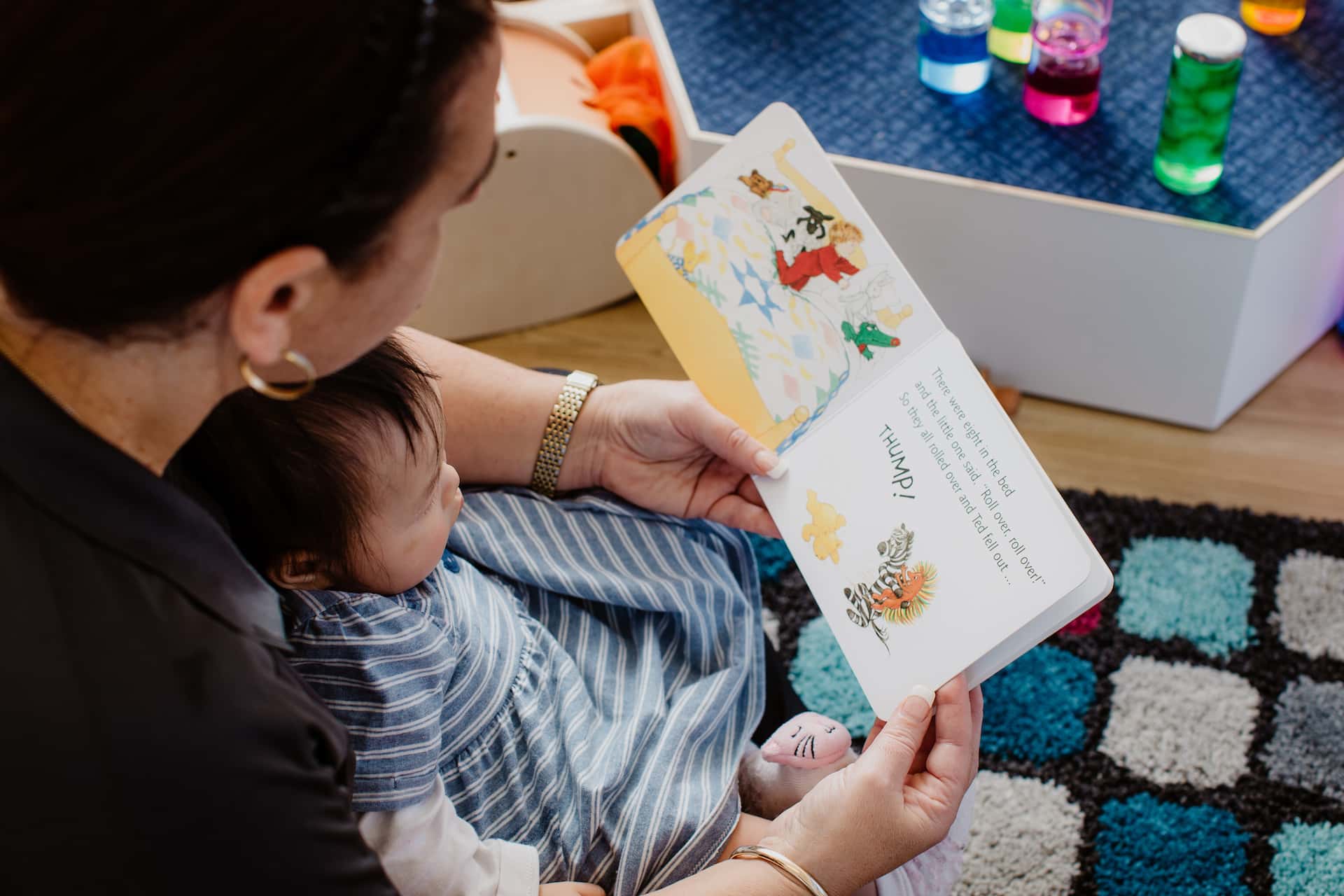MAKE READING YOUR GOAL!
READ ! READ ! READ! MAKE READING YOUR GOAL AND EXPLORE THE WORLD!



"So please, oh PLEASE, we beg, we pray, go throw your TV set away. And in its place you can install, a lovely bookshelf on the wall." — Roald Dahl
"Children are made readers on the laps of their parents." — Emilie Buchwald



Set a book reading goal.
7 effective ways to increase your child’s reading skills.
1. Establish a regular reading routine
setting aside time daily to read to and with your child can substantially increase their reading abilities in many areas, including:
- Reading comprehension
- Vocabulary skills
- Learning to recognise words that they already know
- Learning to sound out unfamiliar words
If your child has not yet learned to read, incorporating a daily story time routine into their schedule will instil the importance of reading that they will hopefully continue to appreciate as they learn to read on their own.
As your child does learn to read on their own, you can continue your daily or nightly story time together. Gradually shift the reading responsibilities to your child so that they are reading to you instead of the other way around. This will encourage them to read without your assistance, but allow them to do so in an environment where you are still able to help them to decipher unfamiliar or difficult words.
2. Encourage your child to read on a regular basis
There are two very effective ways to encourage your child to read regularly. One is to make books available everywhere in your home. Lure your child into stories by having books on shelves or in baskets in rooms throughout your home.
Parents are the ultimate role models for their children, and yours are likely to emulate the behaviour that you display. If your child sees you reading before bed every night then they are more likely to do the same. Likewise, when your child sees you reading for your own pleasure, they will see firsthand that reading is about enjoyment and not just about learning.
3. Help your reluctant reader to find books that they love
If your child appears to be uninterested in reading, it may not be because they do not like to read. The source of the problem could simply be that they do not like to read the books that they have.
Finding the right genre or type of story could be the key to finally sparking your child’s interest.
Try exposing your child to many different types of stories. The more interested your child is in the subject matter inside of a book, the more excited they will be to read it.
Mysteries, science fiction, and adventure stories are particularly popular with young boys and girls with adventurous imaginations. If your child is wildly curious about animals, outer space, or construction machines, try providing them with material about those subjects.
4. Use reading examples outside of books
Not all reluctant readers can be encouraged to read books. However there are plenty of other ways to ensure that they continue to read. Your child does not have to open a book to enhance their reading skills – there are plenty of things to read in the world around them!
Here are a few techniques that you can try to encourage your child to improve and utilise their reading skills:
- If your child asks to go see a movie, ask them to look up the movie times for you
- If your child loves to help you make dinner, let them select a recipe from a favourite cook book and read the steps to you. (If you are modifying the recipe, this is also a great way to help your child to improve their matching skills!)
- Encourage your child to read road signs, weather reports, store hours of operation, or emails from other family members.
Incorporating reading into activities that your child loves and showing them the ways in which reading is integral to their everyday life will encourage them to continue to improve their skills, even if it does not help them to enjoy reading books.
5. Stay involved in your child’s reading education
Teachers may not always know when your child first begins to fall behind in their reading skills. Some children are able to mask their difficulties, particularly in group settings, and may be too embarrassed to ask for help even if they know that they need it.
Don’t wait until the problem becomes serious to take action. Staying involved and monitoring your child’s progress on a regular basis can help you to stay ahead of and potential reading issues before they surface.
6. Never give up on your child
With constant attention and care, some struggling readers are able to bring their skills up to a level that is appropriate for their year. Other children may continue to struggle with reading into primary school or beyond.

7. Remember that every child is different

As a parent it is easy to allow yourself to be frustrated with your child’s perceived lack of “adequate progress,” even if they are learning at a perfectly appropriate pace for their age. Each child’s brain is wired differently, and their skillsets will advance and improve at a pace that is specific to the way that they interact with the world.
If you believe that your child needs help with their reading skills, work closely with their teacher to monitor their progress and be willing to participate in strategies to improve their skills if necessary.
Above all, remember this: if your child truly does struggle with reading, the best thing that you can do is to support them as they strive to improve. If your child feels embarrassed or ashamed of their difficulties then they will be less comfortable asking for help.
Reading is an essential component of your child’s learning and development. Helping them to improve their comprehension, literacy, language, and spelling skills will set them up for future success. Don’t be afraid to ask for help, but know that there is plenty that you can do on your own to help your child learn and grow.


0 Comments